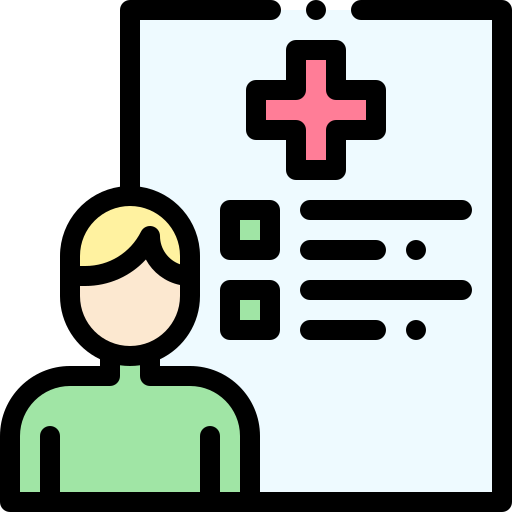At one time or another, most of us behave in a way that might seem self-centered.
For some people, self-centered behavior is so extreme that they have difficulty relating to others and dealing with life situations.
People who fall into that category are considered to have narcissistic personality disorder.

The signs and symptoms of NPD can be divided into three main categories:
grandiose behavior
a need for admiration
a lack of empathy
Knowing the signs and symptoms of NPD can help you recognize narcissistic behavior.
Did you know?
Grandiose Behavior
Grandiosity is a sense of specialness and self-importance.
People with grandiose behavior:
have an inflated sense of self-importance
belittle those who don't praise them
have a sense of entitlement
feel that they deserve privileges and special treatment
exaggerate their accomplishments
require constant attention & validation
are arrogant
make achievements and talents seem bigger than they are
 “I’m the only one keeping this company afloat; without me, we would fold tomorrow!”
“I’m the only one keeping this company afloat; without me, we would fold tomorrow!”
Spot the Grandiose Behavior
Read the sample social media profiles below and decide which describe grandiose behavior (Select all that apply).
Myra: "I work hard and play hard. Can you keep up with the best or are you just one of the rest?"
Matthew: "Follow me to see what it's like to live your best life! Celebrities, cars, vacations...you'll wish you were me."
Nina: "Some of my favorite things are hanging out with my friends, going to the beach, and traveling with my sisters."
Shane: "Looking for people to share recipes and home improvement tips with."
Quiz
Whose profile statement was an example of grandiose behavior? Select all that apply.
Need for Admiration
Admiration from others feeds a narcissist's sense of grandiosity.
People with a constant need for admiration and attention:
often have one-sided relationships
don't give admiration back to others
can seem panicked if they feel criticized
disregard the opinions of others
openly discuss their accomplishments
believe others are envious of them
have unrealistic expectations of nonstop praise
put others down

Melanie is a doting mother to Charlotte. Melanie constantly checks in on Charlotte's needs and praises her when others are around. In private, though, Melanie pays little attention to Charlotte and gets annoyed when Charlotte needs something.
Did you know?
Unwilling to Empathize with Others
Empathy is the ability to put yourself in someone else's shoes — to imagine how another person feels.

People with lack of empathy:
put their own needs above others
are critical of others
are quick to blame others
don't feel happy for others' success
aren't in tune with their emotions
struggle to show compassion
have trouble showing appreciation
don't take responsibility for actions

The quote below is an example of a typical comment from someone describing her partner with NPD symptoms:
He would actually get mad at me if I was sick. I said, 'I sat here with you for days when you were depressed and couldn’t get out of bed. And now you can’t even be a little nice to me when I am sick?'
Quiz
Jim works at a local food bank once a month and makes a point of bringing it up in conversations regularly. In private, he tells his wife that the people who come into the food bank are lazy and should get jobs. Which NPD trait(s) does Jim show?
Subscribe for more quick bites of learning delivered to your inbox.
Unsubscribe anytime. No spam. 🙂
Take Action
Are you ready to learn more about NPD?

Your feedback matters to us.
This Byte helped me better understand the topic.
